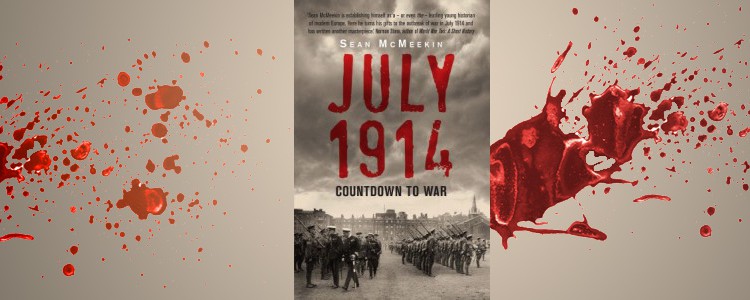Of holy men like Rasputin
Douglas Smith’s Rasputin is a detailed and a fascinating biography of a holy man who was extremely close to Tsar Nicholas II and Empress Alexandra. It is a slow but satisfying to read for it describes Russia at the turn of the twentieth century, decline of the Russian empire, rise of Lenin and the Bolsheviks etc. Rasputin was also shortlisted for the James Tait Black Prize 2017. Here is an excellent review of the book in The Guardian.
Of all the lines in the book it was a description of him in the opening pages which are gripping since it could be a description of any other holy man in a different time, nation and culture. Read on:
Pokrovskoe was the home of the most notorious Russian of the day, a man who in the spring of 1912 became the focus of a scandal that shook Nicholas’s reign like nothing before. Rumors had been circulating about him for years, but it was then that the tsar’s minists and the politicians of the State Duma, Russia’s legislative assembly, first dared to call him out by name and demand that the palace tell the country who precisely this man was and clarify his relationship to the throne. It was said that this man belonged to a bizarre religious sect that embraced the most wicked forms of sexual perversion, that he was a phony holy man who had duped the emperor and empress into embracing him as their spiritual leader, that he had taken over the Russian Orthodox Church and was bending it to his own immoral designs, that he was a filthy peasant who managed not only to worm his way into the palace, but through deceit and cunning was quickly becoming the true power behind the throne. This man, many were beginning to believe, presented a real danger to the church, to the monarchy, and even to Russia itself. This man was Grigory Yefimovich Rasputin.
…
Even before his gruesome murder in a Petrograd cellar in the final days of 1916, Rasputin had become in the eyes of much of the world personification of evil. His wickedness was said to recognize no bounds, just like his sexual drive that could never be sated no matter how many women he took to his bed. A brutish, drunken satyr with the manners of a barnyard animal, Rasputin had the inborn cunning of the Russian peasant and knew how to play the simple man of God when in front of the tsar and tsarita.
Douglas Smith Rasputin Macmillan, London, 2016. Pb. pp. Rs 599
11 Sept 2017






